Guwahati: For more than a year now India remains concerned about China’s aggressive behaviours on the international border localities. After the Galwan conflict, the Union government in New Delhi has to be more cautious against the Beijing administration. New Delhi preferred to be reluctant to greet the ruling Communist Party of China over its centenary celebrations on 1 July.
As one year passes away after the Galwan river valley standoff in Ladakh (on 15 June 2020), the Indian Army paid homages to the supreme
sacrifices of its personnel laying a wreath at Leh war memorial. It proudly mentioned about the bravery of 20 soldiers, who laid down their lives without a single shot being fired to defend the great nation on the 3,440 km line of actual control causing heavy casualties to the opponents.
The Communist government initially did not acknowledge about any casualty to People’s Liberation Army members in the high altitude
(over 17,850 feet) clash. New Delhi had however declared about the casualties of soldiers who sacrificed their lives to prevent the Chinese misadventure. All the martyred Indian soldiers were sent to their respective homes for cremation with full national honours. Tight-lipped Beijing admitted only in February this year that five military officers and soldiers were killed in the Galwan face off. Indian sources claimed that at least 45 PLA members were neutralized in the conflict and they all were buried at a nearby locality. All the Chinese media outlets, which function under strict controls of Beijing, remained silent over the matter. Lately the Global Times reported about an event where the citizens paid tributes to their soldiers on Galwan episode.
Months back, exile Tibetan leader Dr Lobsang Sangay termed the term ‘Indo-China border conflict’ as a misnomer. Speaking to a group of
journalists in Guwahati, the former head of Dharamshala based Central Tibetan Administration, argued that many Indians believe that Tibet
is a part of China and they prefer to use the term, but in reality China was never a neighbour to India.
“When Tibet was an independent country, only 75 Indian soldiers guarded the entire border (around 3,488 km) as more troops were not
needed,” commented the Harvard educated politician adding that the same border presently needs to guarded by a hundred thousand soldiers. It has now turned into Indo-China border and compelled New Delhi to enhance the budgetary allocations to safeguard its northern Himalayan border, stated Dr Sangay.
Speaking to this correspondent, Soumyadeep Datta, a vivid supporter of Free Tibet movement, claimed that China has been targeting India in
three ways. First, their soldiers continued regrouping on the border localities and secondly Beijing is playing a psychological war against
the people of India with their trusted individuals, organisations and media outlets. Thirdly, China has taken up an ecological war against
India.
After occupying Tibet, which is recognized as an environment sensitive land, the Chinese start exploiting its natural resources. Moreover,
Beijing has constructed many hydro-dams over the rivers those originate in the Tibetan glaciers and flow down to India and other south and south-east Asian countries. Thus, Datta asserted, the regime poses a threat to Indians as well as many lower riparian nations in ecological aspect too.

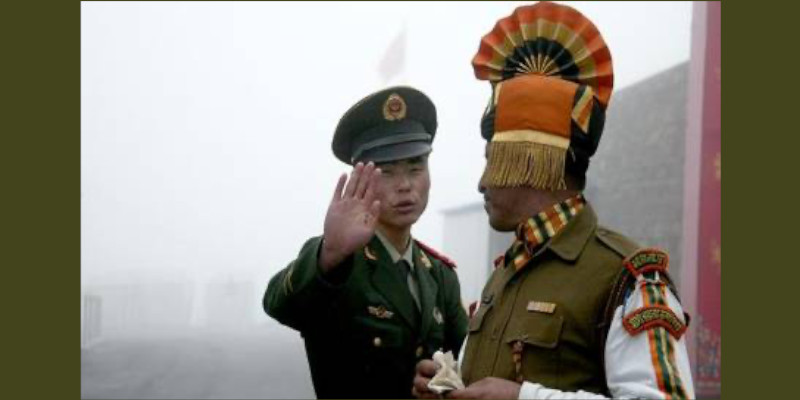
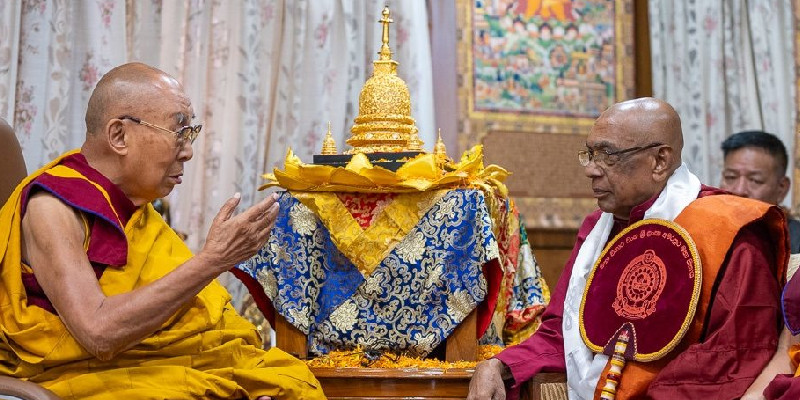
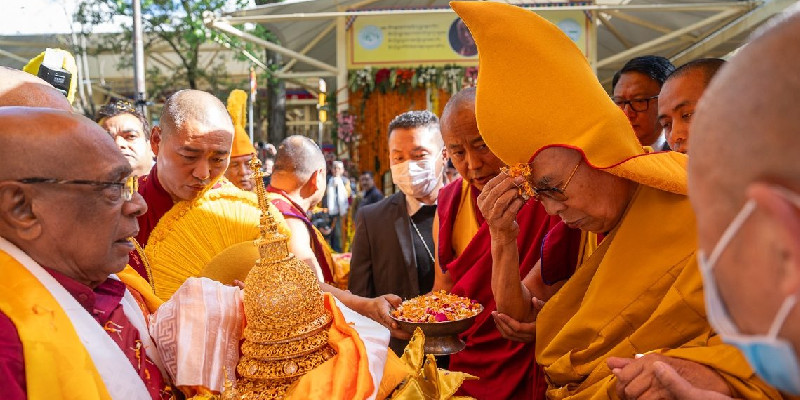
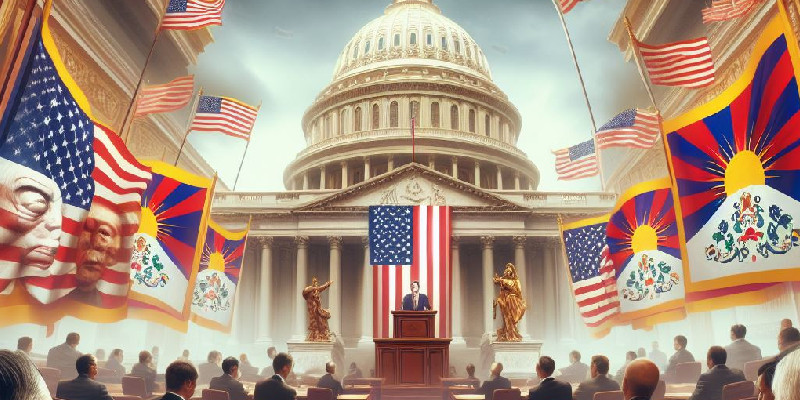

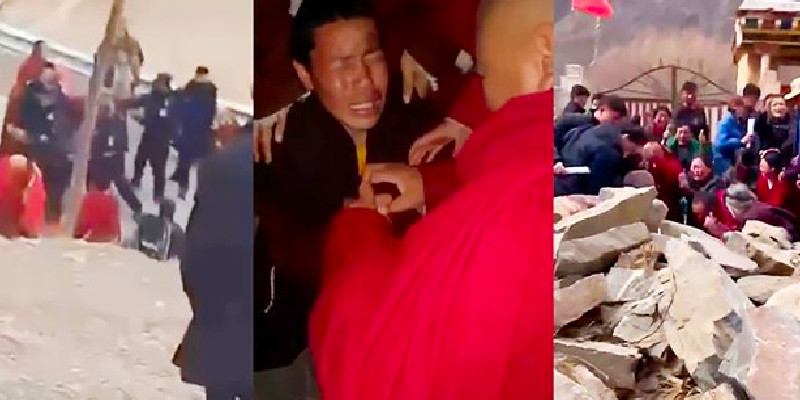
Leave a Reply